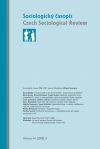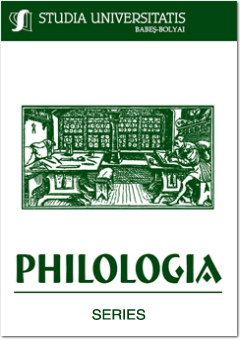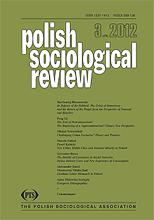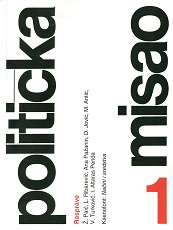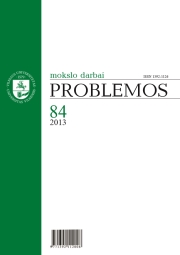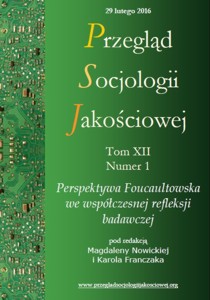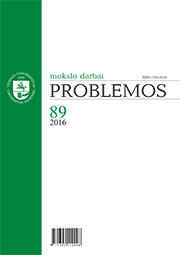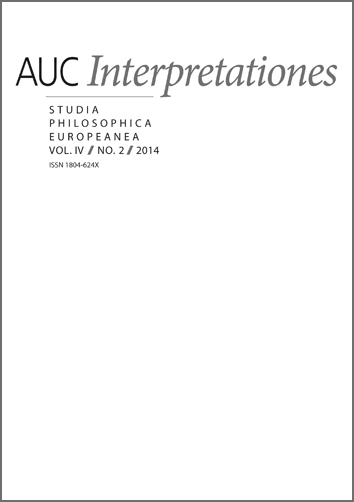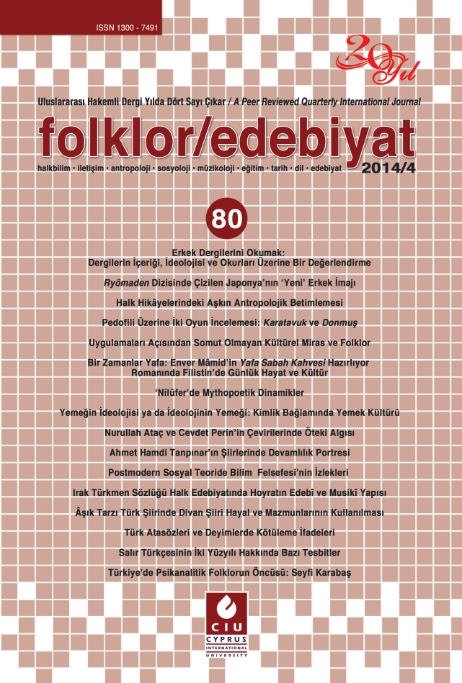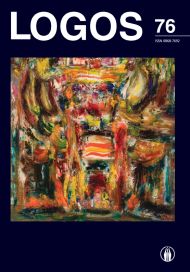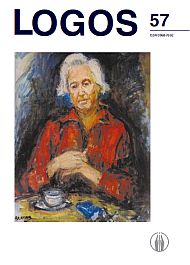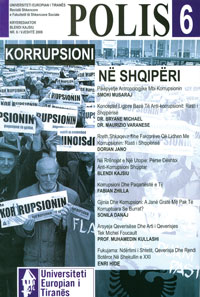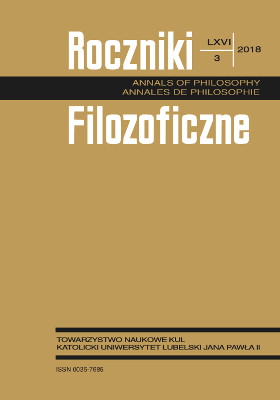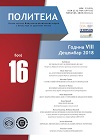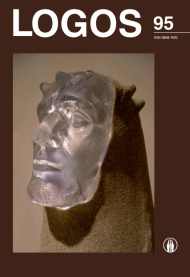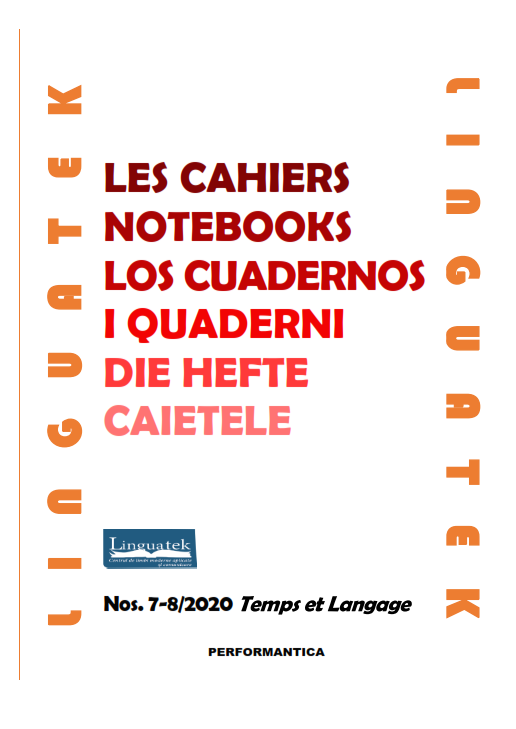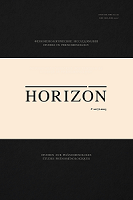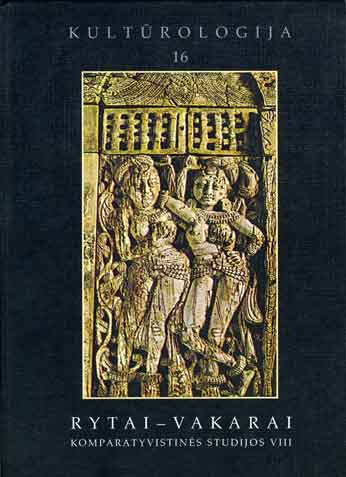
Kavolis Civilization Theory And Foucault Discourse Analysis
Kavolio civilizacijų teorija ir foucault diskurso analizė: ar įma noma bendra dar biauti?
Keywords: civilization; discourse; symbolic design; statement; civilization analysis, discourse analysis; history of consciousness.
The article deals with the relationship of Kavolis civilization analysis to Foucault discourse analysis. It is argued that there are large methodological differences between these two types of analysis. First of all, they are intended to inquiry into different levels of symbolic structures. Kavolis civilization analysis describes semantic units (symbolic designs and their configurations), and Foucault discourse analysis questions conditions of possibility of semantic units (discourses). Both authors hold different views on method and selection of sources as well. It is stated that Kavolis civilization analysis and Foucault discourse analysis aren’t incompatible in principle. After correction of some its principles the discourse analysis can be used as means of research of the depth level of civilizational structures of consciousness, i. e. of codes of particular areas of civilization.
More...
